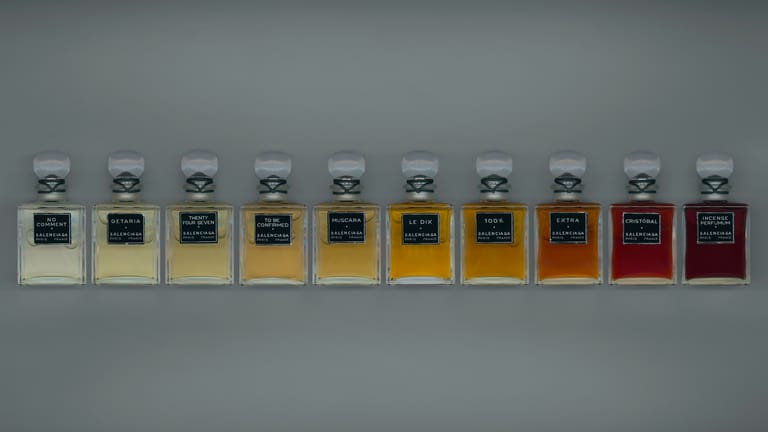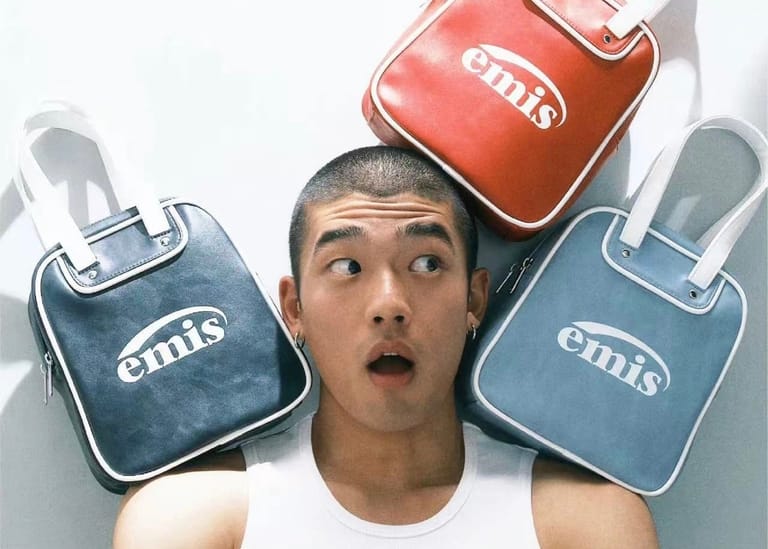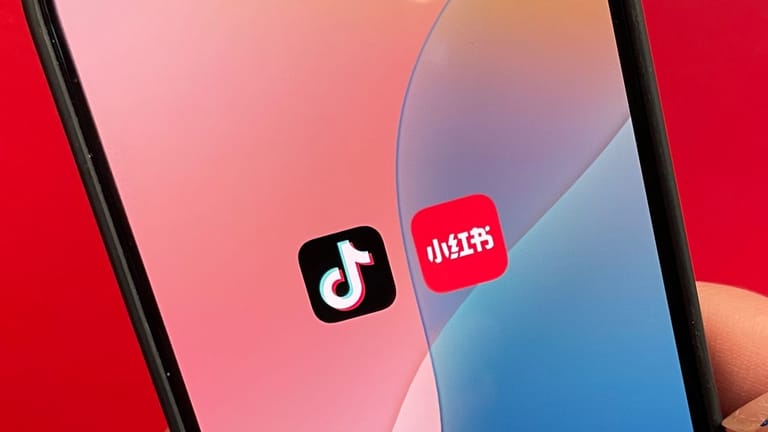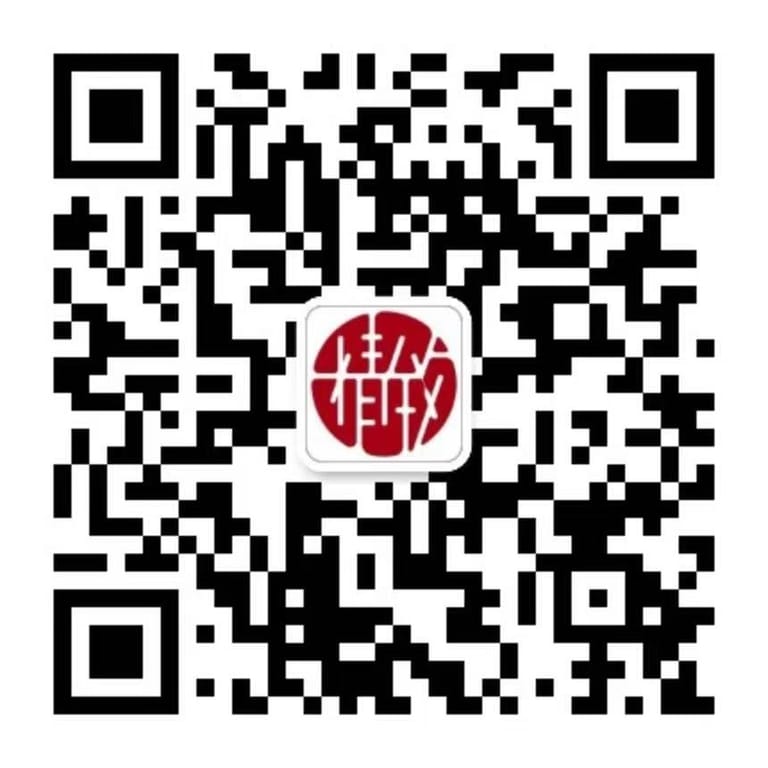The Making of IShowSpeed’s China Tour
By
Yaling Jiang

Published on
April 11, 2025

Jingzhi Voice brings thought leaders, industry pioneers, and cultural influencers together to decode key trends, challenge conventions in China, and offer forward-thinking ideas that shape the future of jingzhi (精致) and beyond.
After the so-called TikTok Refugees’ migration to RedNote, American YouTuber IShowSpeed’s recent China tour has once again sparked conversations about building cultural bridges between China and the world.
The 20-year-old Ohioan has visited eight Chinese cities so far, including Beijing, Shanghai, Zhengzhou, Chengdu, Chongqing, Hong Kong, Shenzhen, and Changsha. While his itinerary and specific stops are not unusual for Western celebrities, what was groundbreaking is that he live-streamed his experiences and encounters on the street. This presented an unprecedented opportunity for his massive online following—nearly 120 million followers across platforms (38.3 million on YouTube, 32.4 million on Instagram, 41.3 million on TikTok, 4.1 million on Snapchat, and 3.5 million on Twitter)—to see an unfiltered China.
This is something I’ve been advocating for: transparency is the best propaganda.
I’ve observed four typical responses from Chinese internet users and self-media: On the human level, his visit shatters stereotypes; on the national level, it helps improve China’s global image and discourse power. At the same time, Chinese viewers were embarrassed by certain interactions between Speed and locals. They also criticized the translators for occasional inaccuracies.
Here’s Speed’s rough itinerary over the last two weeks, with links to his YouTube streams and highlights:
- Shanghai, play pingpong, eat hotpot with 王嘉尔 Jackson Wang
- Beijing, visit the Great Wall
- Zhengzhou, learn Kungfu at Shaolin Temple
- Chengdu, a video collab with singer 田一名 Tian Yiming, who’s known for ‘Super Idol’s Smile’
- Chongqing, meet Douyin-famous dance group @不齐舞团 Buqi Crew and Trump impersonator @瑞哥英语 Brother Rui English
- Hong Kong, party with crypto billionaire 孙宇晨 Justin Sun
- Shenzhen, watch tech companies’ road shows
- Changsha, meet 大张伟 Da Zhang Wei, whose 2018 song “Sunshine, Rainbow, White pony” made Speed known in China with his dramatic reaction to the chorus “that that that that….” in Chinese, which sounds like ‘nigger’
As of April 7, he opened an account on RedNote and began live-streaming there (in practice, this requires his cameraperson to hold an additional device). His Douyin account was launched on March 21 to warm up for the China tour.
The company that pulled off this impressive tour is East Goes Global, an LA-headquartered talent agency, whose founder Andrew Spalter was enlightened about China’s massive digital market while working with Jessie J for the Chinese talent show “I am a Singer” in 2018.
Today, a reader asked me whether Speed’s model could be replicated by other YouTubers. I don’t believe so.
As I mentioned, the unfiltered livestreams were the biggest differentiator. Usually, internet users only see polished, edited clips or photos of celebrities in China. Despite a pre-set itinerary, Speed’s lens was real. The “racist” moments and translation accidents made his trip a cultural phenomenon precisely because they were unscripted.
This defied China’s traditional propaganda model and stringent information control—which is why it resonated so strongly.
If anyone were to replicate his trip, given Speed’s precedent, local governments may likely control the environment by doing more staging and prepping with the passersby, which would eventually make the show boring. The viewers are sensitive, and there are already domestic online comments saying that the last few stops seem to have more interference from the local cultural and tourism bureaus.
In China, residents are often asked to close their curtains and stay indoors when top political leaders visit their communities. Two examples of Chinese-style staging:
- A global milk powder employee wrote on RedNote this March that during an executive visit, consumer interviews were rehearsed five times, and local employees were required to remain in the office from 8:30 a.m. to 7 p.m.
- During COVID, former Vice Premier Sun Chunlan was rumored to have conducted an inspection on a Shanghai rooftop—renovated to resemble a street scene.
In a netizen’s words, The Changsha tour that was full of arranged activities feels like something a mom would organize for her kid based on what she believes is good for them. This reminds me of any Chinese airlines’ inflight entertainment that NO ONE wants to watch.
Assuming Chinese authorities now view YouTube streams as golden tickets to boost local tourism, and take note of the incidents mentioned above, they will likely feel the need to censor—or, from their perspective, plan better. But once that happens, the organic interactions and genuine reactions will be gone.
I have no doubt that the propaganda departments are planning this already.
This is an opinion piece by Yaling Jiang, the founder of research and strategy consultancy ApertureChina and Chinese consumer newsletter Following the Yuan. The views expressed do not reflect the official stance of Jingzhi Chronicle.
Starting out her career as a lifestyle columnist and business journalist in 2014, Jiang has closely observed Chinese consumers throughout this defining decade. She now specializes in providing insights and strategies on the Chinese consumer market for brands and financial institutions. Her expertise has been featured in international outlets such as the Financial Times, Reuters, Le Monde, Les Echos, South China Morning Post, and Jing Daily. She is a graduate of Columbia Journalism School in the U.S., and of the University of Bath and Brunel University in the U.K.












